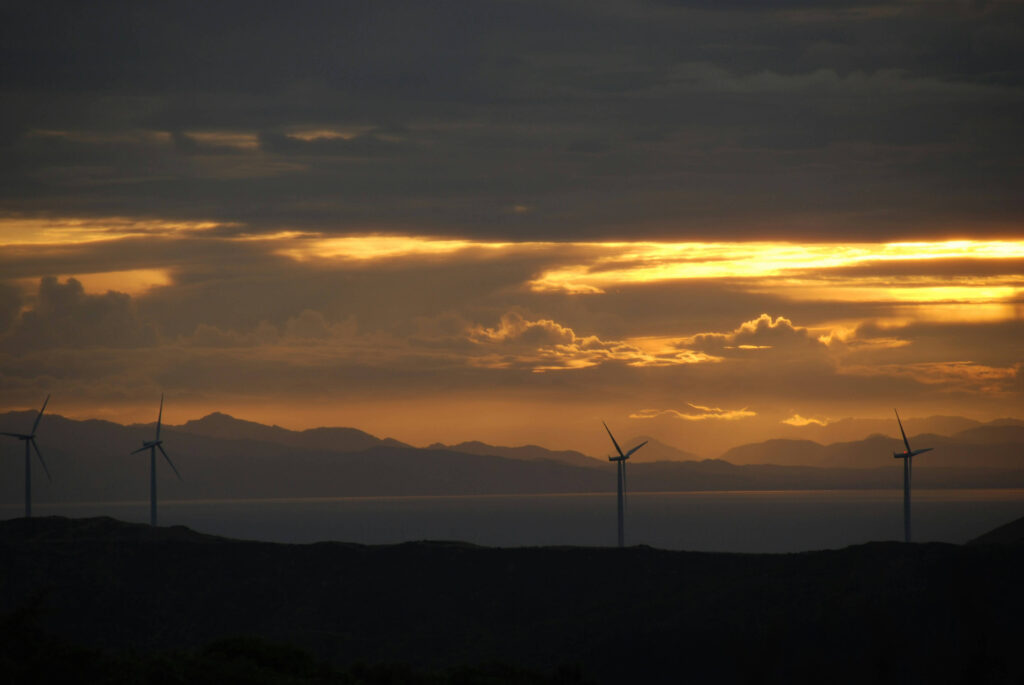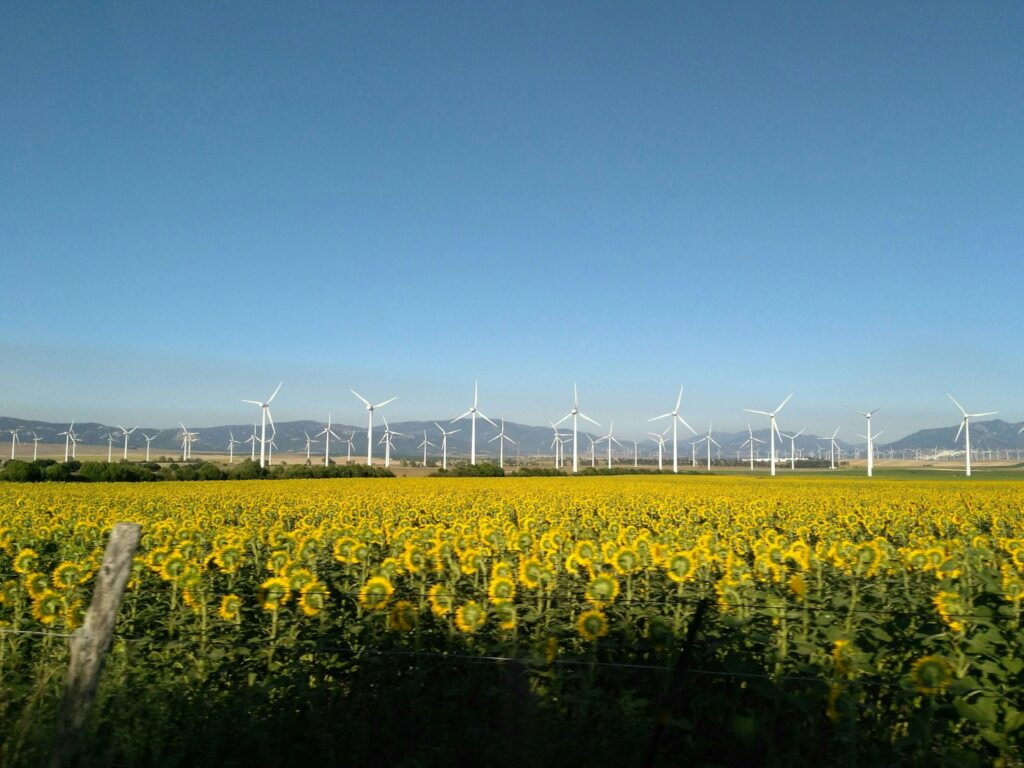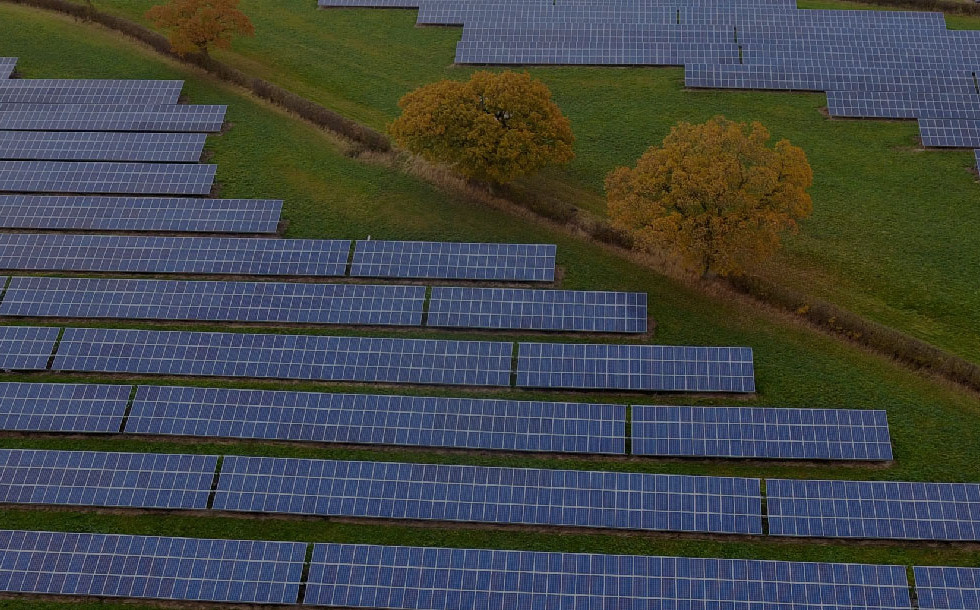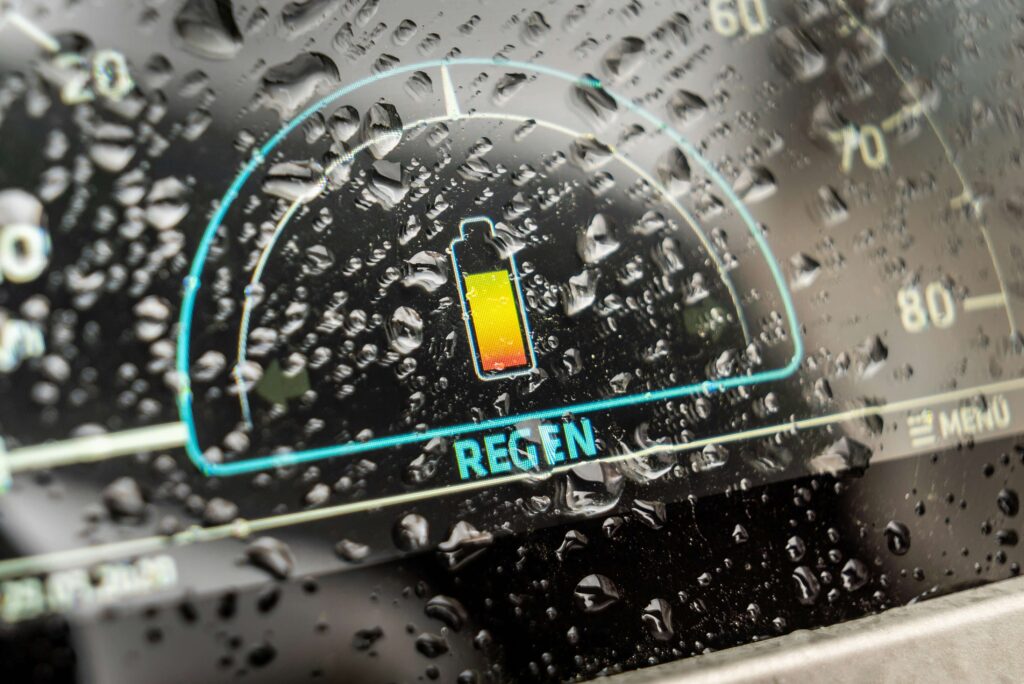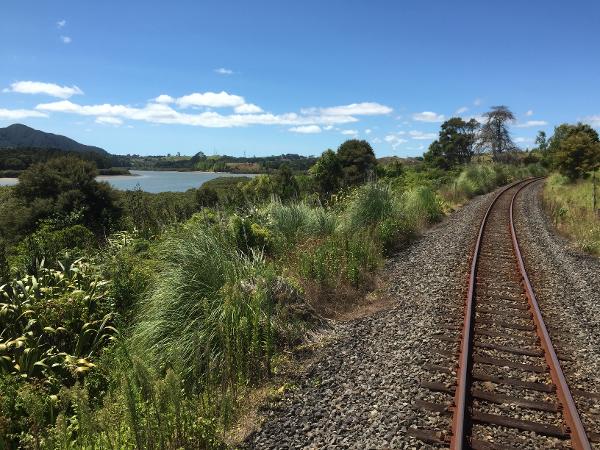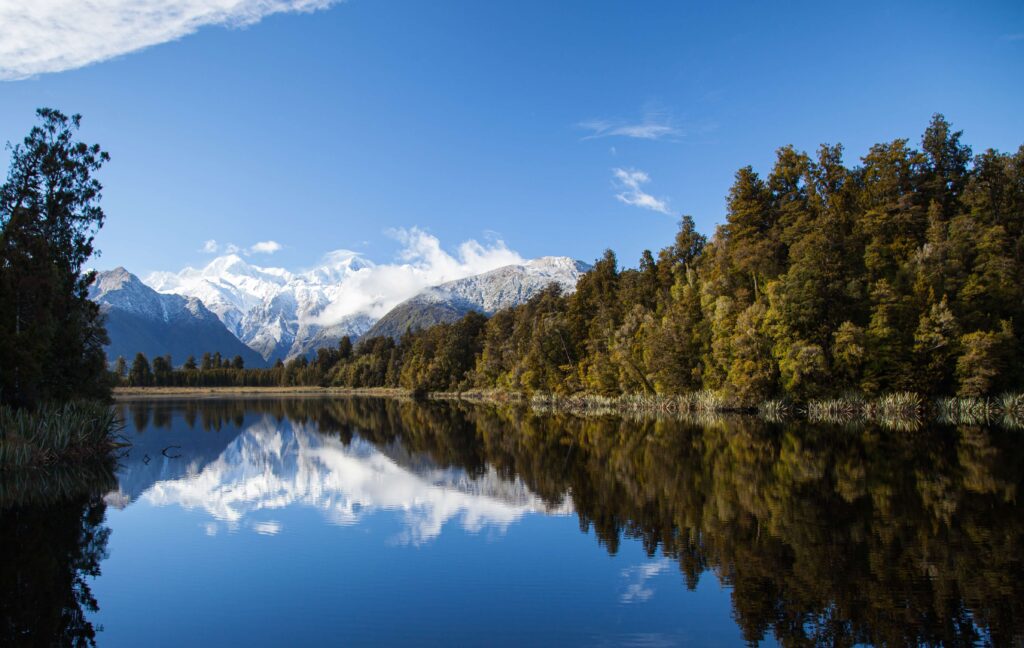Posts Tagged ‘Energy transition’
Video coming soon: Balancing the energy trilemma
EECA Chief Executive Dr Marcos Pelenur will spoke to us on Wednesday 15th October, explaining how energy efficiency and renewables are key to balancing the energy efficiency ‘trilemma’. Dr Pelenur will shared his views on this and the current focus and priorities for the Energy Efficiency and Conservation Authority.
Read MoreSubmission in response to proposed changes in NZ ETS Regulations 2025
This submission relates to the Ministry for the Environment (MfE) consultation document, Proposed changes to the New Zealand Emissions Trading Scheme (ETS) regulations 2025. In this document the MfE raises a number of specific issues. But we consider that there are also much more important steps that need to be taken so that we can start reducing our emissions at a significantly more rapid rate with the aim of meeting emissions reduction targets set by the IPCC and others.
Read MoreAugust 2025
CONTENTS – Eight reasons to be hopeful amid global challenges – IRENA Report excerpts – The renewable energy revolution – Grid forming batteries and syncons to bolster NSW grid – ‘Plastic crisis’ hitting health from infancy to old age – Economic assumptions no longer relevant.
Read MoreJune 2025
CONTENTS – Don’t blame renewables – Climate projects can bring big economic benefits – Tide is turning in Europe and beyond in favour of nuclear power – AI can help us protect the planet – Electric scooters and a salt battery push in China – WA gets first-ever home battery rebate and loan scheme – Shipping industry still at sea as it tries to navigate to net zero – Albanese announces $1.2B plan to purchase critical minerals – Items from Energy Source & Distribution Magazine
Read MoreWatch video: Insights from a community energy project
In this presentation, Stuart Potter will provide first-hand insights arising from the purchase and operation of Heart of England Community Energy, a series of three 5 MW solar energy sites based north of Stratford Upon Avon in the UK. This is one of the largest community solar farms in the UK, made up of around 60,000 solar panels, and has been generating clean and sustainable electricity since 2016.
Read MoreJanuary 2025
CONTENTS – Global CO2 emissions in 2024
– Climate crisis effects on Earth’s water cycle – US homeowners in disaster-prone states face soaring insurance costs – Climate change and geopolitics – EU’s electricity mix in 2024 – Toxic PFAS pollution in UK and Europe – Flatulence tax: Denmark agrees deal for livestock emissions levy – Sites without sound: Oslo leads in quiet, low emission electric construction – Report says blue hydrogen gives false hope for green steel – How to make oxygen on the moon – Recommended reading – ESR Prizewinner, Zion Young
Watch video: Presentation of ESR’s submission on the Second Emissions Reduction Plan
Watch a video summary of ESR’s submission to the consultation document “New Zealand’s second emissions reduction plan”, presented by two of its authors, Professor Emeritus Thomas Neitzert and Dr Peter Whitmore. The presentation is followed by a Q&A session and a discussion
of next steps.
Submission in Response to New Zealand’s second emissions reduction plan (ERP2)
This submission relates to information given in the Ministry for the Environment discussion document regarding the currently proposed second plan to reduce New Zealand’s emissions – New Zealand’s second emissions reduction plan, July 2024 (draft ERP2). It also covers other matters relevant to reducing our emissions.
Read More
